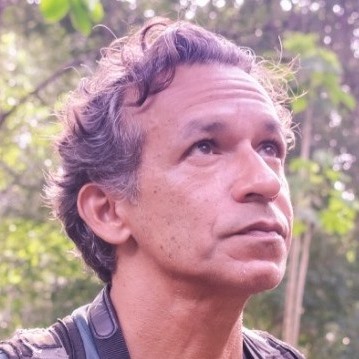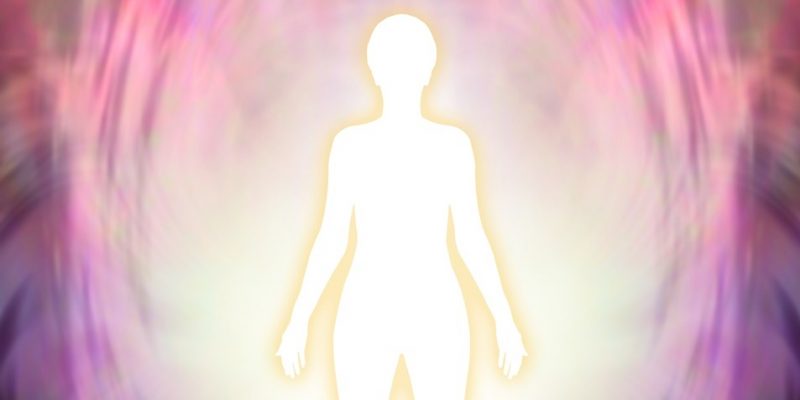
The concept of entelechy was already embarked on by the Greek philosopher Aristotle, and later on by the German polymath Leibniz, but it was the German biologist and philosopher Hans Driesch (1867-1941) who developed a more comprehensive idea of this notion.

In fact, it was Aristotle who invented the word entelechy as a combination of the Greek words entelēs (complete or full-grown), echein (to be a certain way by the continuing effort of holding on in that condition), endelecheia (persistence), and telos (ultimate goal or aim).
In any case, entelechy is explained as a non-material, non-spatial, metaphysical element in living bodies, which is supposed to be a Vital Force that leads the development, organization, and functioning of organisms.
Hans Driesch insisted that such a concept was indispensable to come to a scientific explanation of biological phenomena. His ideas strongly remind us of the concept of vis essentialis, which was developed by Caspar Friedrich Wolff, a German scientist of the 18th century.
















